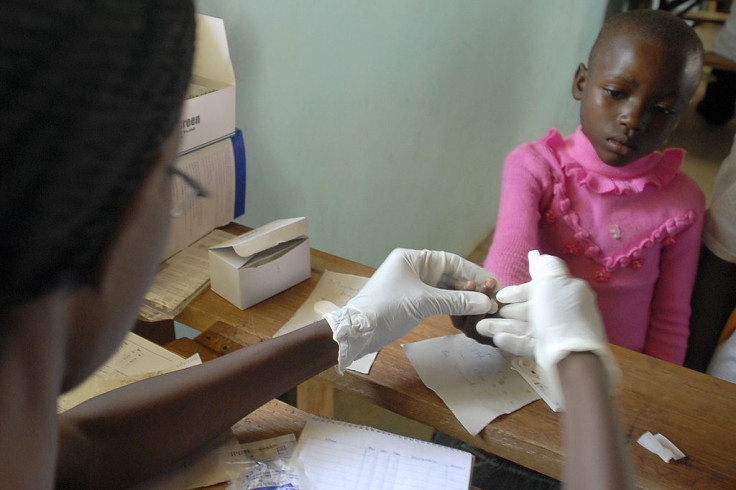Cervical Cancer Vaccine Price Slashed For Developing Countries, Is It Enough?

The Global Access to Vaccines Initiative (GAVI) has announced a historic agreement between public and private partnerships committed to bettering public health in the developing world.
The alliance brokered a deal with pharmaceutical companies that will price the vaccine against human papilloma virus (HPV), the leading cause of cervical cancer, at $4.50 compared to the cost of $100 in the developed world. In poorer nations, the price was formerly $13, placing it out of reach for many. Now, governments will be able to buy three times more vaccine for the same amount of money.
Around 275,000 women die, globally, from cervical cancer and the vast majority (85 percent) reside in low-income countries where access to health care is scarce. The initiative will begin the program in Kenya and will follow next month with the easy access program in Ghana, Laos, Madagascar, Malawi, Niger, Sierra Leone, and the United Republic of Tanzania. The Alliance aims to protect more than 30 million girls in 40 countries from infection of HPV and eventual development of cervical cancer.
"A vast health gap currently exists between girls in rich and poor countries. With GAVI's programmes we can begin to bridge that gap so that all girls can be protected against cervical cancer no matter where they are born," said Dr Seth Berkley, CEO of the GAVI Alliance. "By 2020 we hope to reach more than 30 million girls in more than 40 countries. This is a transformational moment for the health of women and girls across the world. We thank the manufacturers for working with us to help make this happen."
GAVI has not only helped reduce the price for expensive vaccines currently available in the developed world, but has also cut the time that it takes for poorer countries to obtain vaccines by half, down to under six years. 15 countries initially applied to participate in the program in 2012, and an additional 15 to 20 countries are expected to apply this year.
"Developing countries bear an increasing burden of cervical cancer and it is only right that our girls should have the same protection as girls in other countries," said Dr. Richard Sezibera, secretary general of the East African Community, GAVI board member and former health minister of Rwanda. "In Africa, where facilities to diagnose and treat cervical cancer are few and far between, HPV vaccines will mean the difference between life and death for so many women in the prime of their lives."
The GAVI Alliance will purchase Gardisil from Merck for $4.50 a dose and Cervarix from GlaxoSmith Kline for $4.60 a dose. The prices, according to Kate Elder of the international charity Medecins Sans Frontieres (MSF), are still too expensive and the pharmaceutical companies should have offered a better deal. "It will still cost nearly $14 to fully protect a girl against HPV... It's really disappointing that pharmaceutical companies haven't offered GAVI a much better deal." The vaccines must be given in a three-shot series.
Merck fired back at the claim that it was trying to make profits from poor countries, asserting that the prices of vaccines cannot be thought about in a vacuum. Medecins Sans Frontieres was not fairly judging "how expensive an enterprise it is to develop and manufacture vaccines and make them available in a substantial way in high quantities in a heavily regulated environment." said Mark Feinberg, Merck's vice president and chief public health science, in speaking with Bloomberg.



























